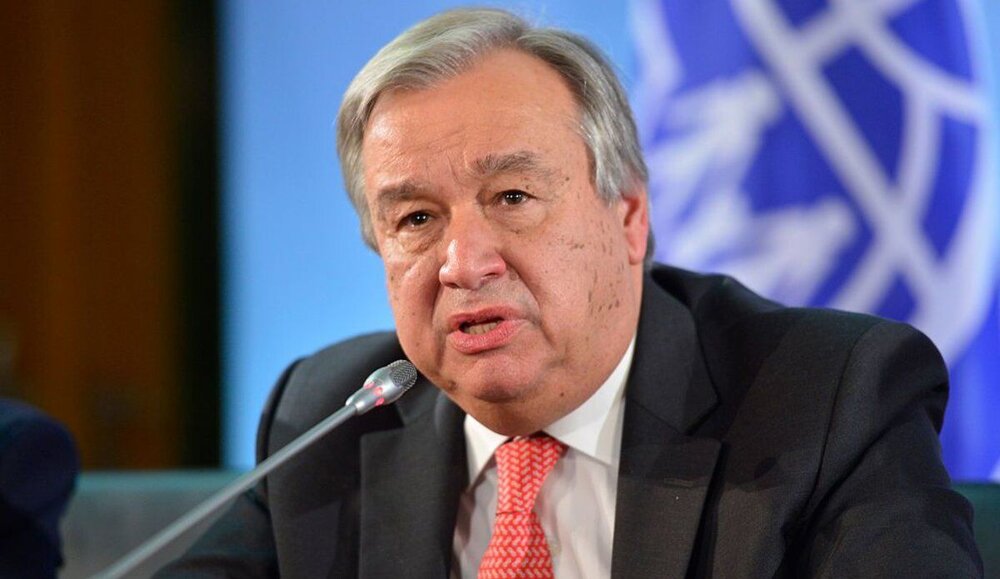UN chief calls for U.S., Iran to revitalize nuclear deal

UN Secretary-General Antonio Guterres called on Thursday for the United States and Iran to work together to break their current stalemate on the international nuclear accord but said he did not expect a quick outcome.
New president Joe Biden's Democratic administration said it was ready to return the U.S. to the accord after predecessor Donald Trump withdrew the country in 2018, but Washington and Tehran each expect the other to make the first move.
"There's a lot of work to be done," but "I don't expect an immediate solution," Guterres said during a press conference when asked about the possibility of mediating a way out of the impasse.
"I believe that everyone, all those who entered the JCPOA and other interested parties must work together to reduce uncertainties, to face difficulties and obstacles," he said, referring to the accord by its formal name, the Joint Comprehensive Plan of Action (JCPOA).
Without answering the question as to possible mediation, he said the matter is "progressively moving towards a situation where we can have an agreement that is essential for peace and stability in the (Persian) Gulf and the world."
“The JCPOA was a big diplomatic victory and an essential element for peace and stabilization in the (Persian) Gulf," UN Secretary-General Guterres says. The deal was agreed between Iran, the United States, China, Russia, Britain, France, and Germany in July 2015.
"The JCPOA was a big diplomatic victory and an essential element for peace and stabilization in the (Persian) Gulf," Guterres said, adding that "we regret that the agreement has been called into question."
"It's obvious that there are difficulties and obstacles, that there is an increased complexity because the U.S. left (the agreement) and took additional measures (of sanctioning Iran). At the same time, Iran has taken some steps to develop its nuclear capabilities," he added.
In response to the U.S. leaving the deal and imposing sanctions, Iran reneged on several of its nuclear commitments, though it insisted the measures were reversible.
On Wednesday, U.S. Secretary Of State Antony Blinken said that his country will only return to the nuclear deal once Tehran meets its commitments.
“Iran is out of compliance on a number of fronts. And it would take some time, should it make the decision to do so, for it to come back into compliance and time for us then to assess whether it was meeting its obligations,” Blinken said during a news conference, adding, “We’re not there yet, to say the least.”
In response, Iranian Foreign Minister Mohammad Javad Zarif said on Thursday that the U.S. must take the first step because it was the U.S. that withdrew the agreement and normally it must the “first step”.
Zarif said the U.S. "violated" the JCPOA, "blocked food/medicine to Iranians" and "punished adherence" to UN Security Council Resolution 2231, which endorses the accord, whereas Iran "abided by JCPOA" and "only took foreseen remedial measures."
"Now, who should take 1st step? Never forget Trump's maximum failure," Zarif tweeted.
PA/PA
Leave a Comment